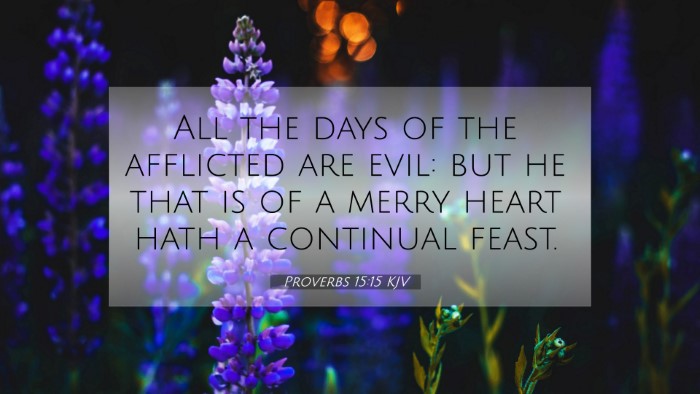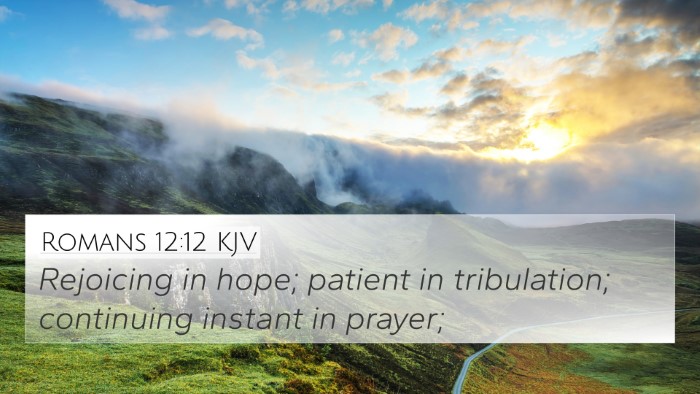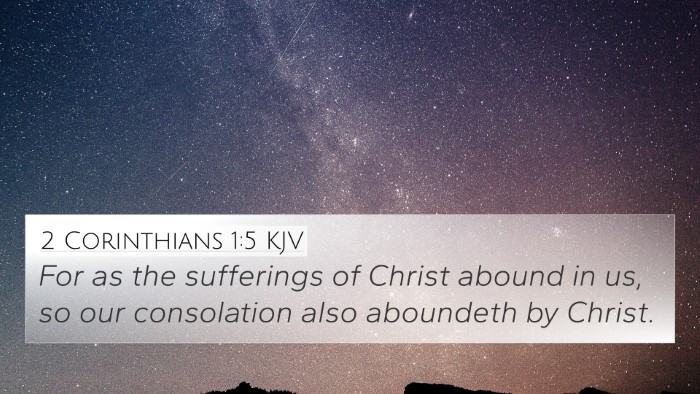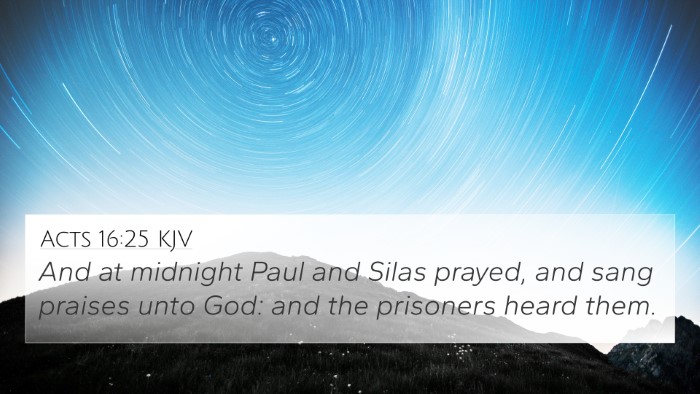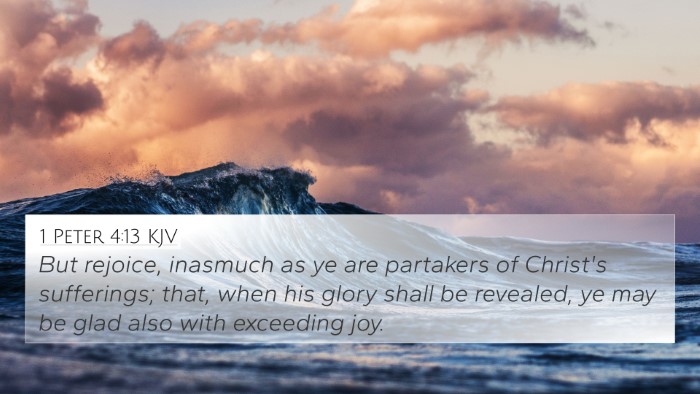Understanding Proverbs 15:15
Proverbs 15:15 states: "All the days of the afflicted are evil: but he that is of a merry heart hath a continual feast." This verse encapsulates profound truths about the human condition, the impact of one's mindset, and the nature of joy and suffering. Let's delve into its meaning by drawing insights from esteemed public domain commentaries.
Meaning and Insights from Commentaries
Matthew Henry's Commentary
Matthew Henry emphasizes the contrast between the lives of the afflicted and the joyous. He notes that those who suffer often see their entire lives through the lens of their pain, making every day feel burdensome and difficult. However, the individual who possesses a merry heart experiences a continual feast, signifying that joy is not dependent on external circumstances but rather on one's inner state. This suggests that fostering a joyful spirit can create a sense of abundance regardless of life’s challenges.
Albert Barnes' Notes
Albert Barnes elaborates on the phrase "the days of the afflicted are evil." He argues that adversity can overshadow one's perception of daily life, leading to despair and negativity. However, he points out the transformative power of positivity, indicating that a cheerful disposition can lead to a form of feasting or fulfillment that transcends material provisions. Barnes highlights the biblical principle that true satisfaction arises from an attitude of gratitude and joy.
Adam Clarke's Commentary
Adam Clarke provides a deeper philosophical perspective, asserting that happy people create their own reality, independent of external circumstances. He underscores the importance of a merry heart, which he believes can turn away strife. Clarke also implies that maintaining joy not only benefits the individual but can positively influence those around them, echoing the communal nature of joy as opposed to the isolating effects of sorrow.
Bible Verse Cross-References
Proverbs 15:15 can be understood through various interconnected verses that further elucidate its themes. Here are some notable cross-references:
- Proverbs 17:22: "A merry heart doeth good like a medicine: but a broken spirit drieth the bones." This verse mirrors the importance of joy in sustaining health.
- Philippians 4:4: "Rejoice in the Lord always: and again I say, Rejoice." This New Testament verse reinforces the command to maintain joy irrespective of circumstances.
- James 1:2-3: "My brethren, count it all joy when ye fall into divers temptations; Knowing this, that the trying of your faith worketh patience." Joy amidst trials is a recurring theme in Scripture.
- Psalm 16:11: "Thou wilt show me the path of life: in thy presence is fullness of joy; at thy right hand there are pleasures forevermore." The connection of joy with God's presence is emphasized here.
- 1 Thessalonians 5:16: "Rejoice evermore." This succinct directive captures the essence of maintaining a joyful spirit.
- Proverbs 12:25: "Heaviness in the heart of man maketh it stoop: but a good word maketh it glad." This verse highlights the influence of words and encouragement on one’s emotional state.
- Romans 15:13: "Now the God of hope fill you with all joy and peace in believing, that ye may abound in hope, through the power of the Holy Ghost." Here, joy is seen as a divine gift that fosters peace and hope.
Thematic Bible Verse Connections
In exploring the themes in Proverbs 15:15, one finds rich connections across the scriptures that highlight the importance of joy and its impact on life. The contrast between joy and sorrow appears throughout the Bible, providing a framework for understanding the human experience in relation to divine peace.
Cross-Referencing Biblical Texts
Utilizing a Bible concordance or cross-reference guide can greatly enhance one's study on this topic. By identifying connections between Old and New Testament verses that deal with joy, one can discern a consistent biblical narrative encouraging a joyful disposition. Cross-referencing tools can help uncover detailed relationships and thematic insights across scriptures.
Practical Application and Study Tools
For individuals interested in conducting their own comparative Bible verse analysis, consider the following methods:
- Using a Bible Concordance: This tool allows for easy identification of related verses by searching keywords.
- Bible Cross-Reference Guides: These resources visually connect themes, making it easier to see how different scriptures interact with one another.
- Engaging in Cross-Reference Bible Study: Group studies that focus on cross-referencing themes can lead to deeper insights and understanding.
- Identifying Connections between Old and New Testament: Seeing how the theme of joy continues from the Old Testament to the teachings of Jesus provides a comprehensive view.
Conclusion
Proverbs 15:15 encapsulates a powerful message about the nature of joy and its significance in the life of a believer. By exploring this verse alongside related scriptures and utilizing effective Bible study tools, individuals can appreciate the biblical perspective on joy amid life's trials. This not only enriches one’s personal faith journey but also fosters communal joy in the body of Christ.
Understanding Biblical themes through cross-references allows us to engage in inter-Biblical dialogue, deepening our spiritual insight and reinforcing the integral message of hope and joy found throughout God's Word.


